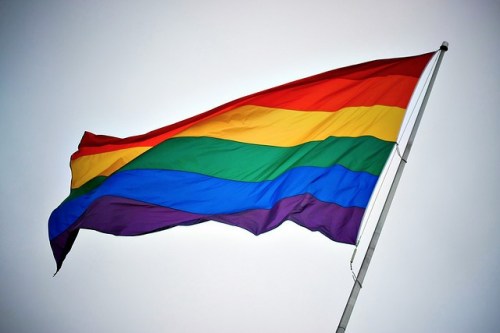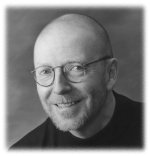In this Monday’s Link Roundup I found PANTONE: A Color History of the 20th Century a reminder of the important role of color in our memories. The book looks gorgeous. It’s definitely on my Santa Claus list. Anyone want to play Santa? ![]()
- The Terrible Word of the Year “Voltaire famously said that the Holy Roman Empire was “neither holy, nor Roman, nor an empire.” Yesterday, Oxford University Press announced that, for the first time, their U.S. and U.K. lexicographers (along with “editorial, marketing, and publicity staff”) had chosen a “global word of the year.”
- On the Future of Books: A Discussion with Seth Godin. “The industry of publishing ideas has been undergoing a revolution for more than a decade, and where it’s headed is still an open question…Today I share a conversation I had with best-selling author, blogger and publisher Seth Godin on the future of books, publishing and blogging. It was fascinating.”
- Nile Rodgers’ top 10 music books. “From Beethoven’s letters to Bob Dylan’s Chronicles, the musician chooses books that reveal the private lives behind the public melodies.”
- 16 Ways to Leave a Legacy. “You’ve spent years digging up data and stories to breathe life into the grandparents and great-grandparents who’ve made your existence — and your children’s — possible. But what are you doing to ensure your family’s legacy will be around after you’re gone?”
- PANTONE: A Color History of the 20th Century. “… longtime PANTONE scholars Leatrice Eiseman and Keith Recker explore 100 years of the evolution of color’s sociocultural footprint through over 200 works of art, advertisements, industrial design products, fashion trends, and other aesthetic ephemera, thoughtfully examined in the context of their respective epoch.”
- EyeWitness to History.com. “Your ringside seat to history – from the Ancient World to the present. History through the eyes of those who lived it.” [Thanks to Mim Eisenberg of WordCraft for alerting me to this item.]
- The Legacy Project. “The Legacy Project began in 2004, when I started collecting the practical advice for living of America’s elders. Using a number of different methods, my research team systematically gathered nearly 1500 responses to the question: “What are the most important lessons you have learned over the course of your life?”
If you enjoyed this post, get free updates by email.







